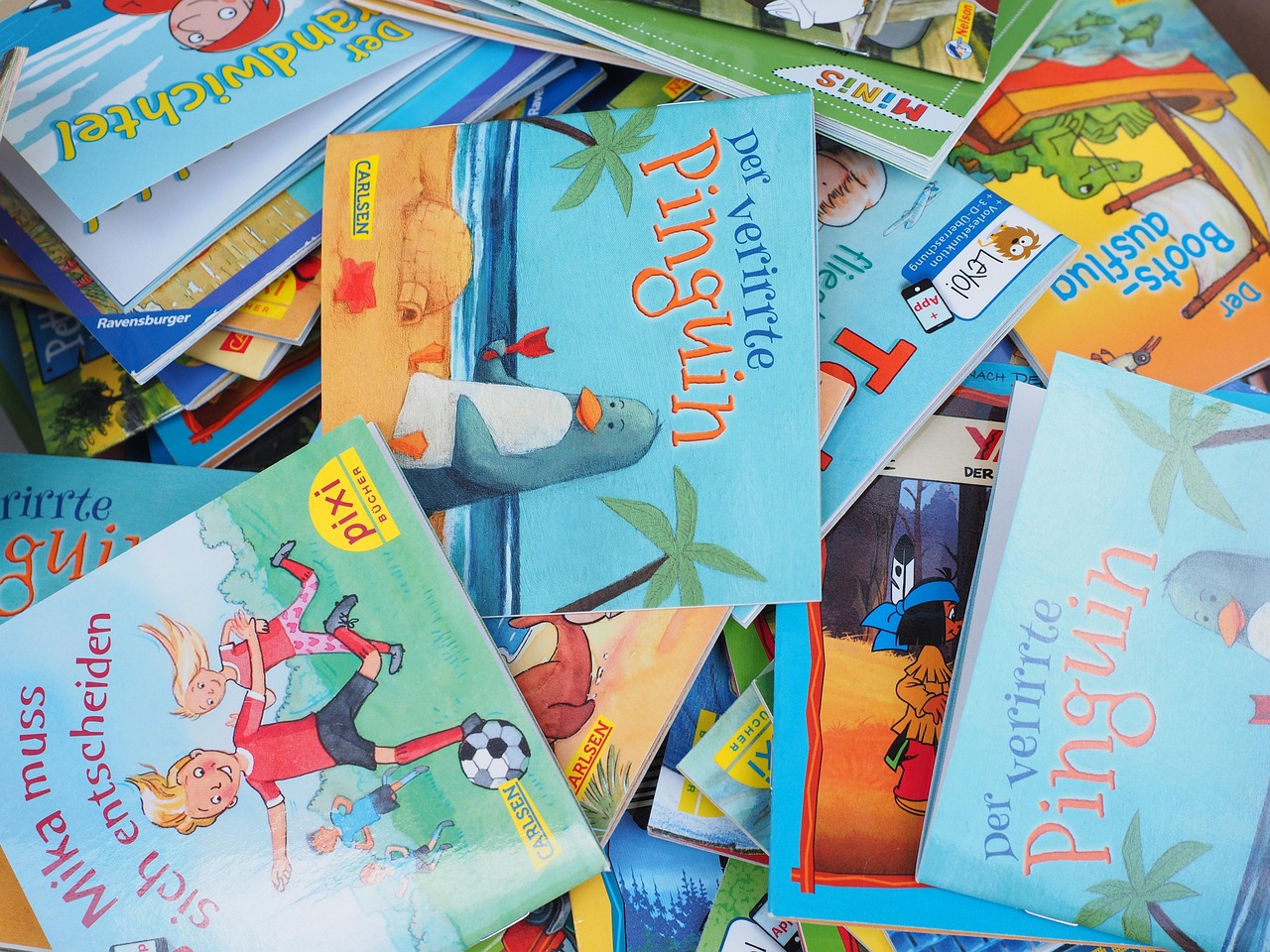Article Title:Ethnic and national imaginary novel:: an approximation of Serbian literature
Abstract:
The leading hypothesis for the analysis of the novel The Knife, by Vuk Draskovitch, establishes links among the concepts of procreation, kinship, national identity and genocide. Symbols of procreation and of kinship make up a framework for the notions of ethnic and national identity. The novel illustrates the struggle between ethnic and national identities which, driven by political and armed conflicts, nurture genocide. While in fiction the idea of Serbia is built upon the family history of two characters as well as references to a remote past, in real fact the idea of Serbia as a political entity was constructed in opposition to the Muslim community of Kosovo, the autonomous region of Serbia. This nationalistic vision of the past highlights the victimization and suffering of the Serbian people. Before Tito's death, such construction of memory would have been deemed an instigation to chauvinism and probably an instance of revenge, but in the end turns out to be just another factor in redefining identity.
Keywords: ethnoliterature; identity; genocide; Serbia; Vuk Draskovitch
DOI: 10.3989/rdtp.2005.v60.i1.122
Source:REVISTA DE DIALECTOLOGIA Y TRADICIONES POPULARES
Welcome to correct the error, please contact email: humanisticspider@gmail.com



